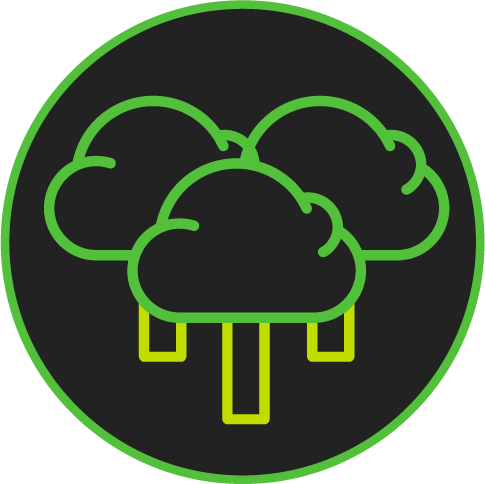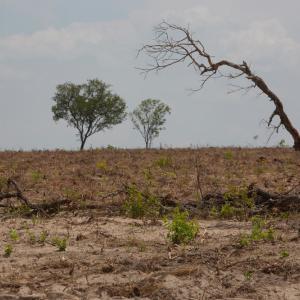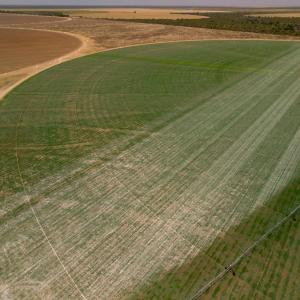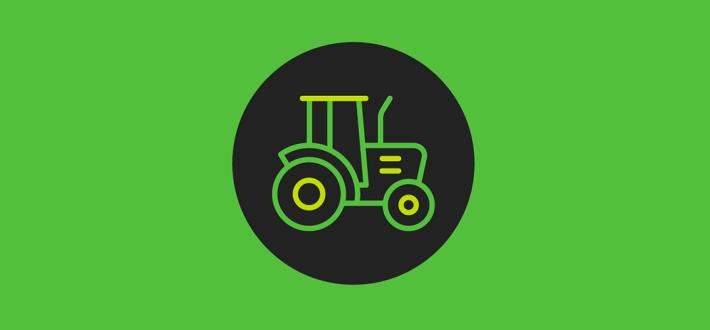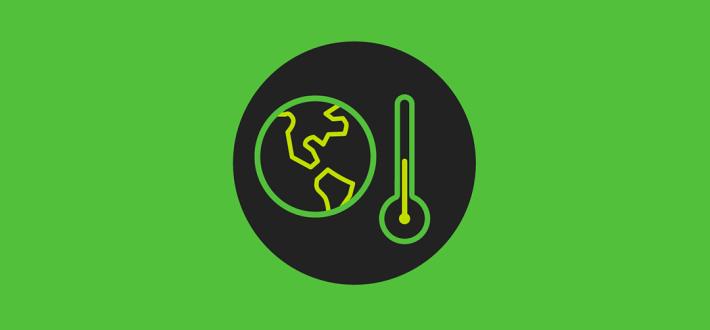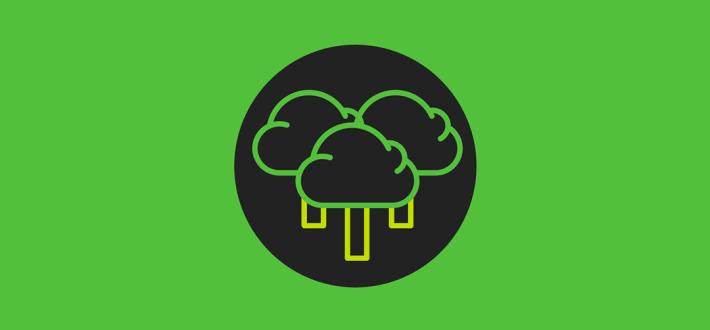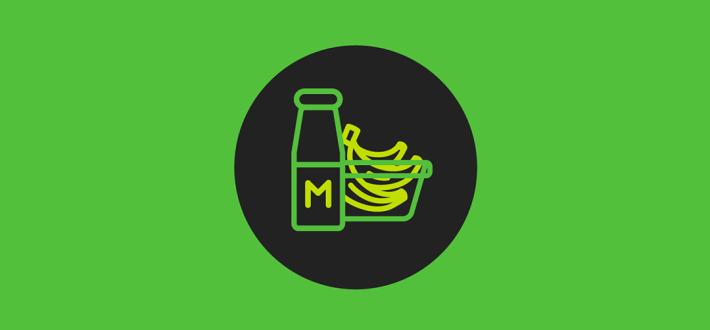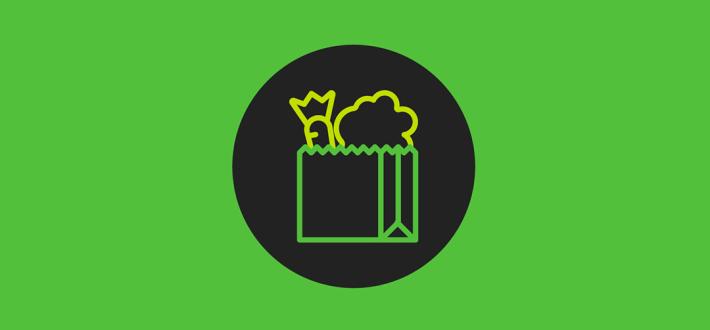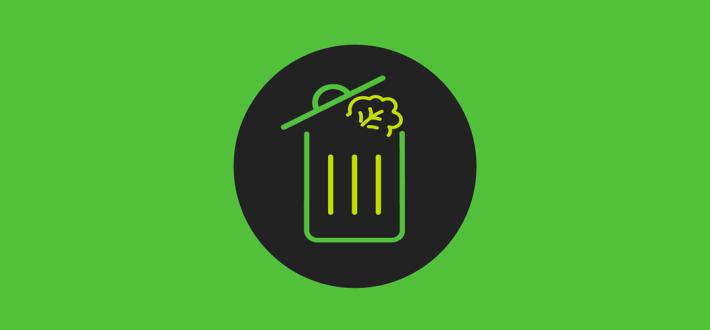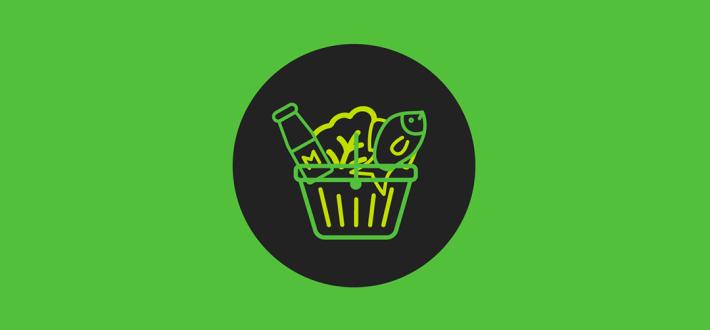
WWF Basket: Deforestation and Conversion

We cannot tackle the climate crisis without protecting and restoring nature, including forests and other precious landscapes.
We need action to eliminate deforestation and land conversion from UK supply chains. This is a key pillar of the WWF Basket, because food production, including farming animals for meat and dairy, requires huge amounts of water and land.
Market demands for commodities are the biggest causes of forest loss, especially expansion of agricultural land for livestock grazing, soy feed production and palm oil. The primary drivers of ecosystems loss vary regionally, including cocoa, coffee, and mining, rubber and timber products.

WWF Basket - Key Metrics on Deforestation and Conversion
The WWF Basket sets a target of 100% deforestation and conversion-free agricultural commodity supply chains by 2025, with a 2020 cut-off date for conversion. To track progress towards this outcome, WWF requests retailer data on the percentage of palm oil, soy, beef and cocoa - key forest-risk commodities used in food production – which are verified deforestation and conversion free across retailers’ own supply chains.
The WWF Basket also sets a target for retailers' suppliers and ‘first importers’ – the businesses who supply forest-risk commodities - to have deforestation and conversion-free supply chains by 2025, with a minimum cut-off date of 2020*. It is important that companies supplying DCF commodities to UK retailers are not handling or selling deforestation-linked products to other buyers. The WWF Basket outcomes support the transition to deforestation and conversion free suppliers, as well as deforestation and conversion free supply chains for individual retailers.
*The cut-off date for the Amazon is 2008, as established agreed by the Amazon Soy moratorium for the last 18 years. Similar earlier cut off dates are established in souring areas for oil palm and other commodities.

Find out more
You can find out the latest WWF Basket data on deforestation and conversion in our 2025 report, What's in Store for the Planet: the Impact of UK Shopping Baskets on Climate and Nature – 2025.
For 2025 reporting, WWF has assessed the public commitments and action plans of the major first importers for each of these commodities. See our analysis for soy, palm oil, and cocoa.
You can find out more about the WWF Basket ambition to eradicate deforestation and conversion in the Blueprint for Action and the latest WWF Basket Outcomes and Measures.
What's in Store for the Planet: The Impact of UK Shopping Baskets on Climate and Nature 2025
Resources on deforestation and conversion
Soy, Palm and Cocoa Traders' Assessments
WWF Palm oil Buyers Score card (2024)
The 2024 Palm Oil Buyers Scorecard by WWF assesses palm oil buyers and needed transformative measures for a sustainable future.
8 things to know about Palm Oil
Find out more here: https://www.wwf.org.uk/updates/8-things-know-about-palm-oil
The Palm Oil Transparency Coalition (POTC)
The POTC is a pre-competitive coalition to remove deforestation and exploitation from the palm oil production sector.
Find out more here https://www.palmoiltransparency.org/.
The Soy Story
As soy production rapidly expands, our ecosystems feel the pressure. Read our assessment of UK major supermarkets' commitments to tackling soy-driven deforestation and conversion, compare.
Principles and guidance for the Retail Soy Group (RSG)
WWF has contributed to guidance for the Retail Soy Group.
Learn more here: https://www.retailsoygroup.org/#materials
UK Soy Manifesto
The UK Soy Manifesto is a collective industry commitment to work together to ensure all physical shipments of soy to the UK are deforestation and conversion free). To find out more visit https://www.uksoymanifesto.uk.
Designing due diligence
WWF is calling for the UK Government to strengthen the laws around due diligence in UK supply chains, to ensure legislation applies across all deforestation risk commodities, and that the rules apply to businesses of all sizes.
Find out more in our “Designing Due Diligence” report. There is also a step by step guide for business for implementing due diligence here.
Policy Briefing: Deforestation & Conversion Free Commodities are Critical for a 1.5°C Pathway
This policy brief presents WWF recommendations on why and how to include zero deforestation and conversion policies to insure credible public and corporate 1.5°C roadmaps.
WWF Cocoa Asks for industry
Find out more about WWF's asks for industry on cocoa sourcing here. A range of resources are available on this website including:
- Cocoa Guiding Principles and Asks for Retailers 2024.
- Guiding Principles and Asks for Cocoa Processors, Traders, Grinders and Manufacturers 2023.
- Cocoa Barometer 2022 (available in English, Spanish and French). This biennial publication by The Voice Network in partnership with WWF aims to create an up-to-date, fair, and clear overview of the state of sustainability of the cocoa sector.
- Living Income Compendium 2022.

Get in contact
Cross-sector collaboration is the most effective way to bring about the type of environmental change that is needed.
Please contact business@wwf.org.uk if you would like to collaborate with the wider industry on any of the areas addressed in the WWF Basket.
